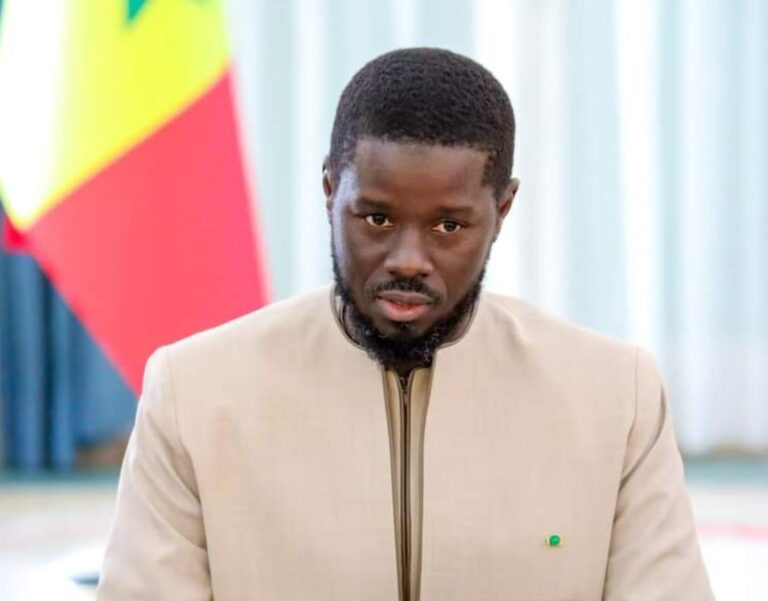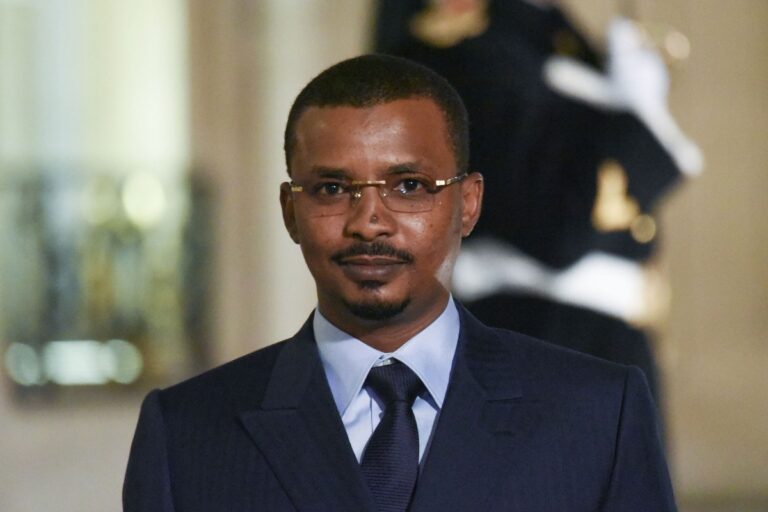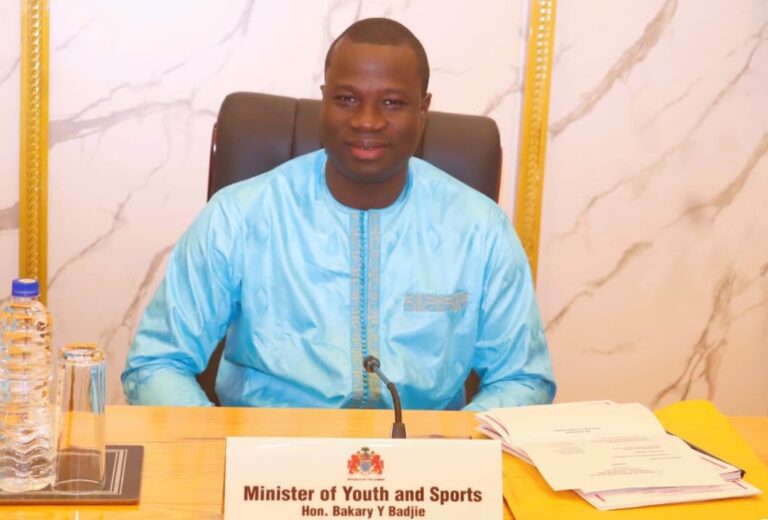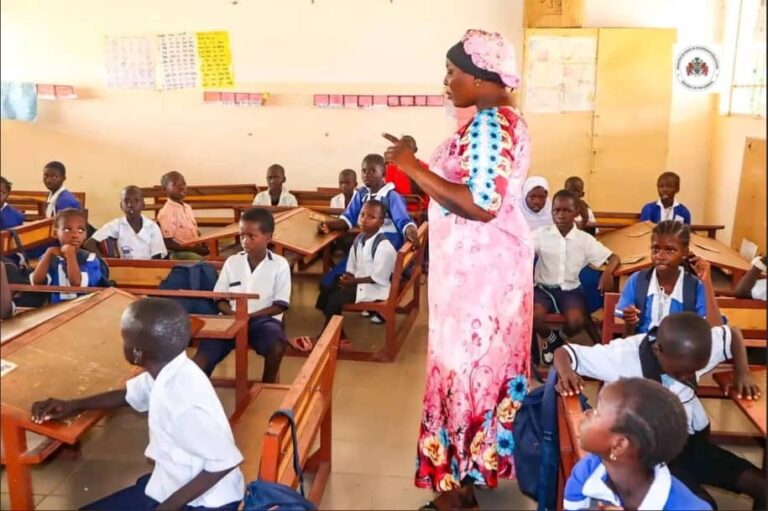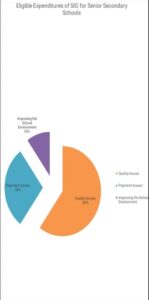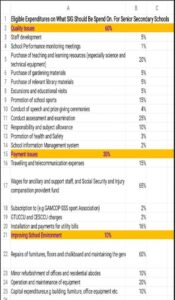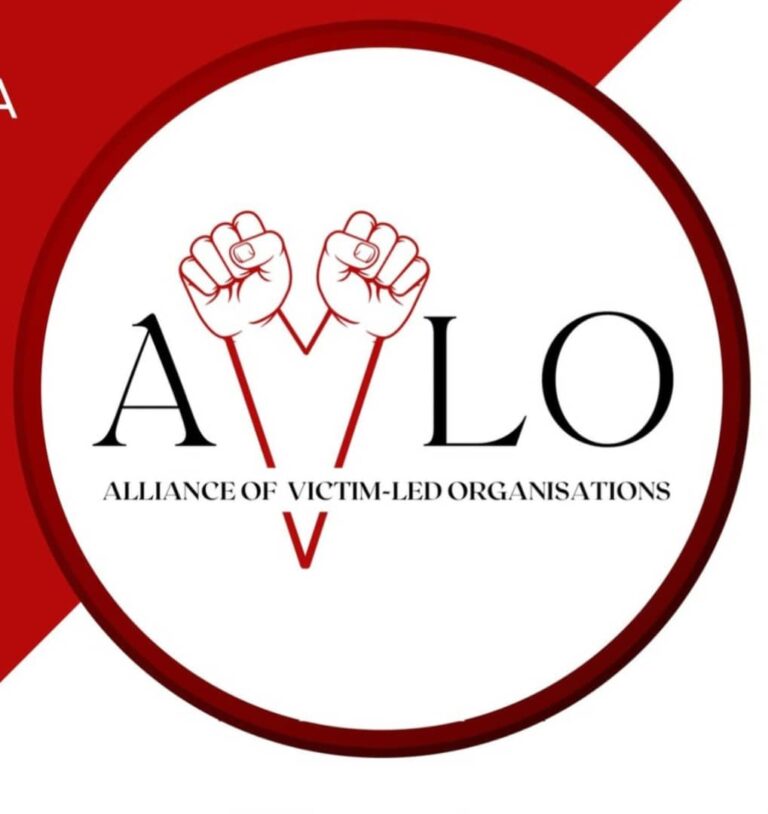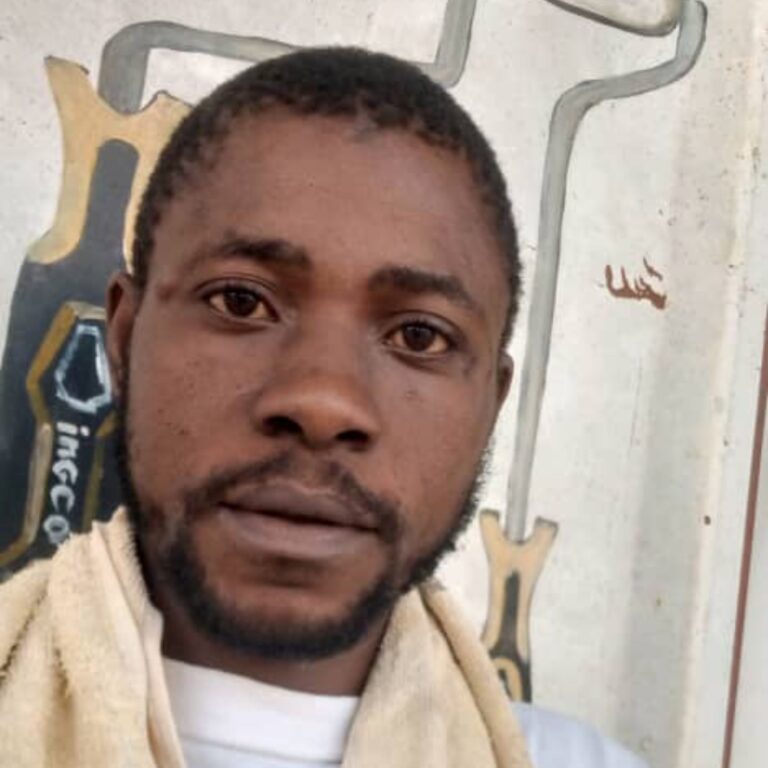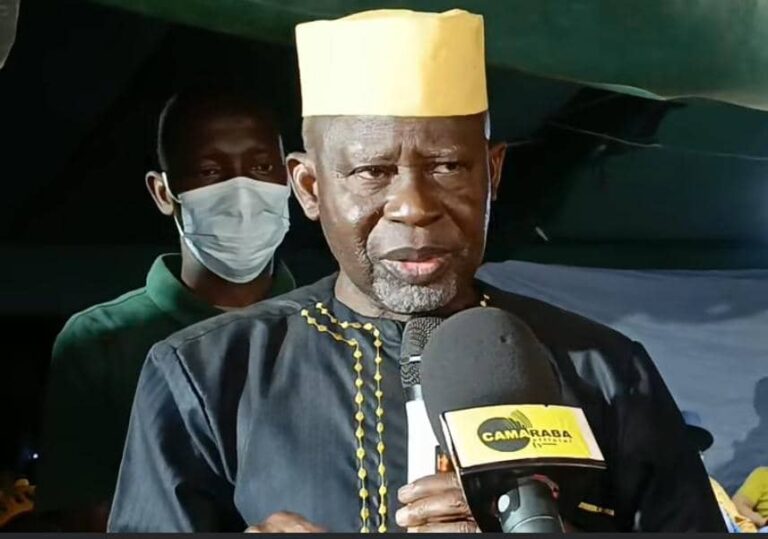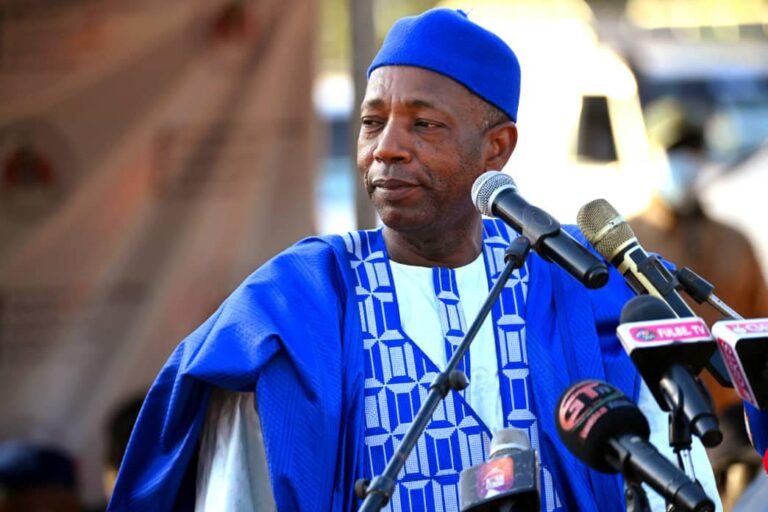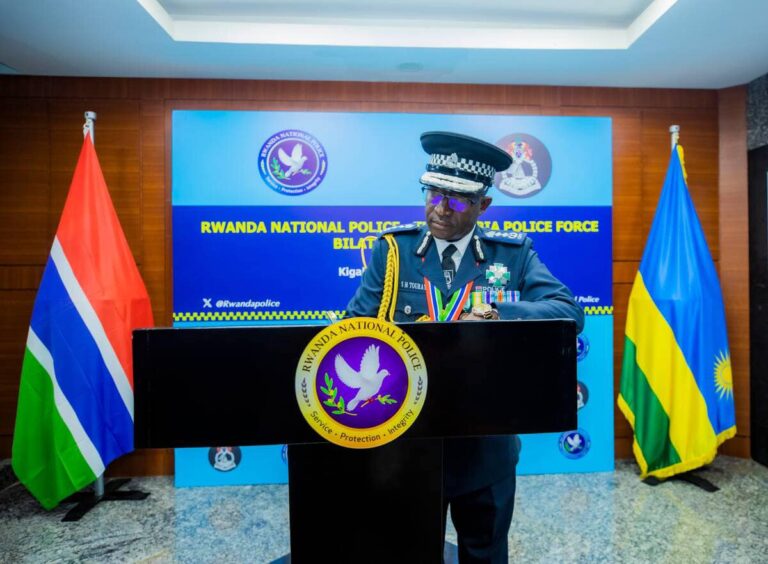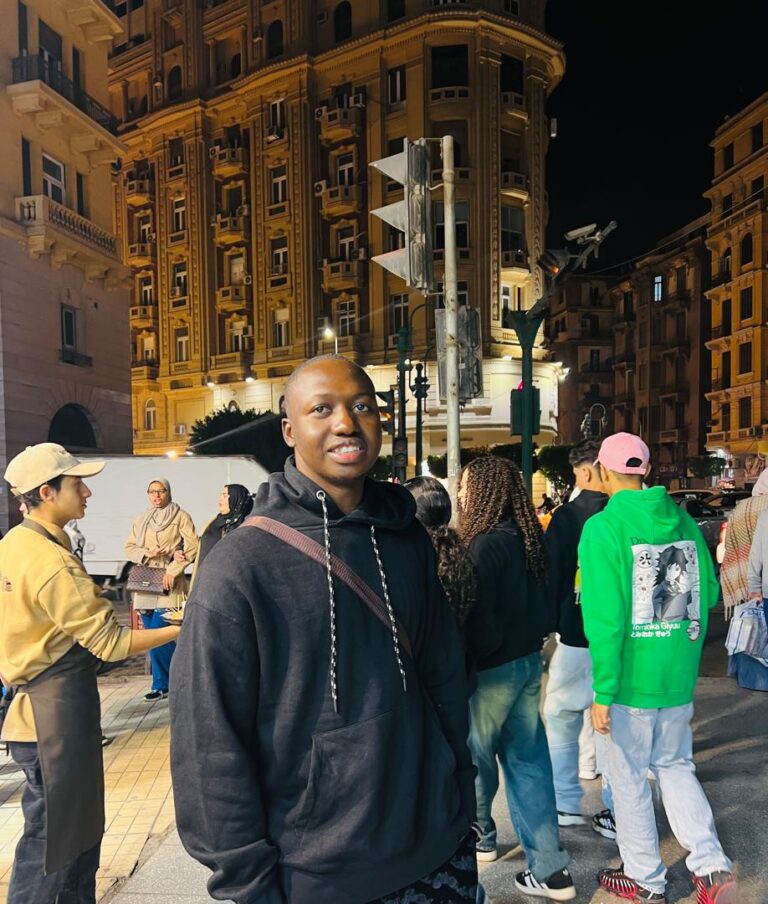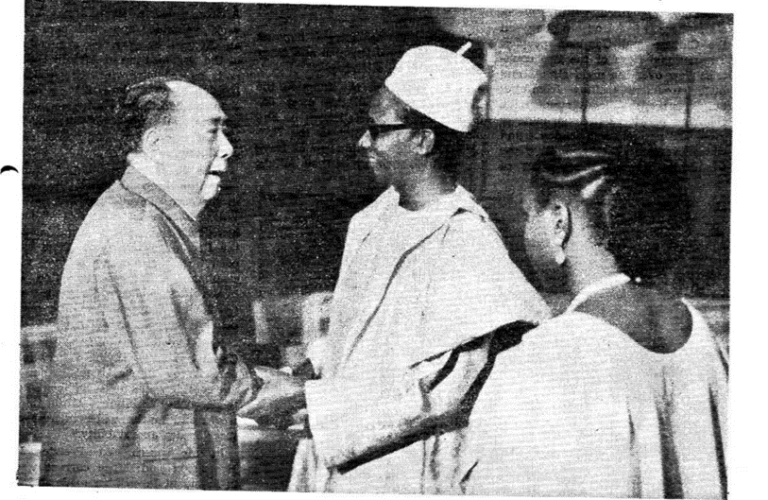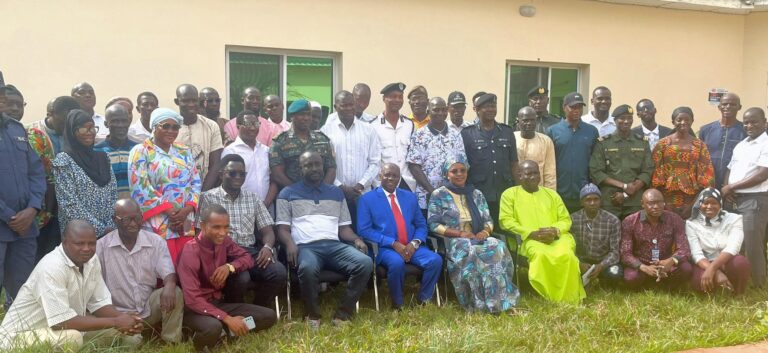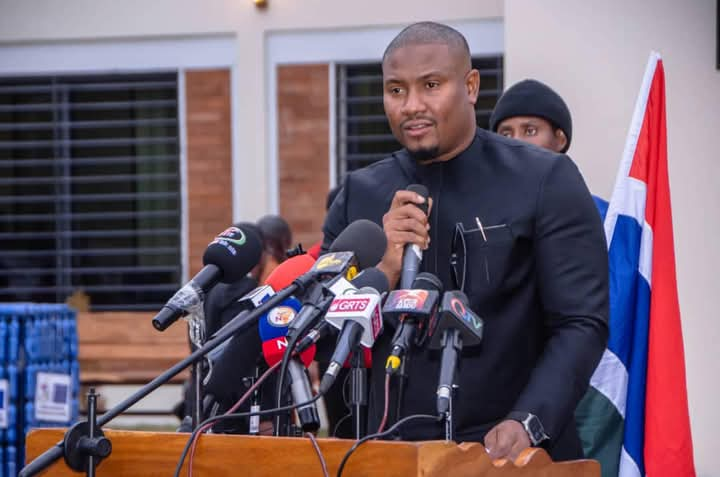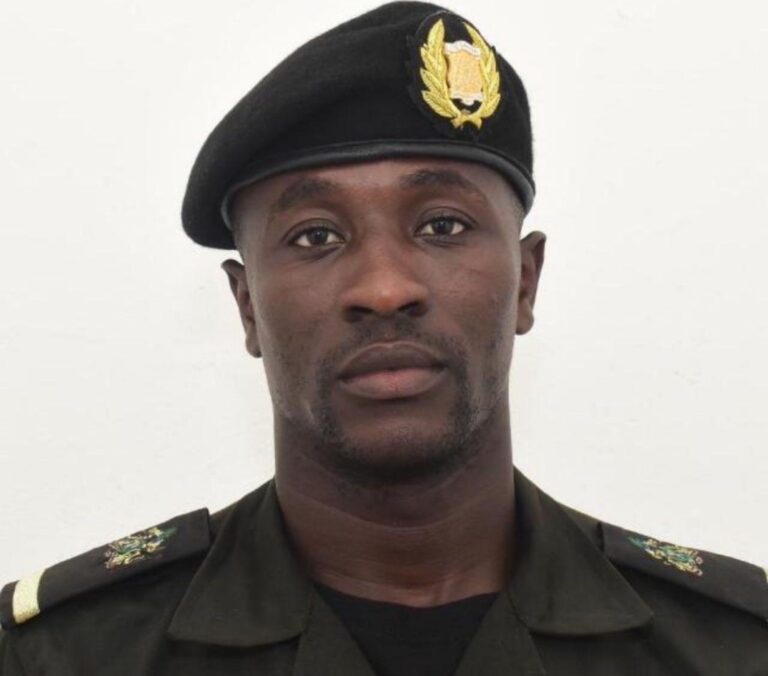OPINION
By Talibeh Hydara
Let’s start with a little history lesson. In 1968, three years after independence from Great Britain, The Gambia established diplomatic relations with the Republic of China (ROC), a founding member of the United Nations and held a permanent seat at the Security Council.
However, half a decade later, that all changed but momentous events first took place before The Gambia’s new direction and like the brilliant Lao Tzu said, if you do not change direction, you might end up where you are heading.
On 25 October 1971, the United Nations General Assembly passed Resolution 2758, finally restoring all rights of the People’s Republic of China (PRC) in the United Nations, recognizing the representatives of the Government of the People’s Republic of China as the only legitimate representatives of China to the United Nations, and expelling the representatives of the Republic of China (ROC). It was the 21st time of voting on China’s application, securing 76 in favor, 35 opposed, and 17 abstentions.
Actually, The Gambia was among the 35 countries that voted against the resolution but that could be forgiven since, at the time of the resolution, Banjul was still in diplomatic relations with Taipei. But not for long…
The UN resolution was the first momentous event which was followed by a high-profile visit to the PRC. On 21 February 1972, Richard Nixon arrived in China, becoming the first U.S. president to visit mainland China while in office.
The UN resolution and Nixon’s subsequent visit signaled a new dawn, with China assuming its rightful place on the world stage. This triggered a flurry of diplomatic recognitions, including The Gambia on 14 December 1974. Today would have been fifty years; a Golden Jubilee of Gambia-China relations.
To put this significance into context, The Gambia was the 35th country to establish diplomatic ties with China since that historic UN resolution on 25 October 1971. Half a century later, China now has diplomatic relations with 183 states.
The first visit
Two months after diplomatic relations were officially established between The Gambia and PRC, Foreign Minister AB Njie travelled to China, in part to prepare for President Jawara’s maiden visit which arrived on 10 June 1975. It was the beginning of a mutual relation that leapfrogged The Gambia’s development efforts and provided President Jawara with a reliable partner in China.
He was accompanied to the Chinese capital by First Lady Chilel and high-ranking government officials; Yaya Ceesay—Minister of Agriculture, AB Njie—Foreign Minister, SM Dibba—Minister of Planning, LK Jabang—parliamentary secretary, H Lloyd-Evans—Inspector General of Police, MM Sosseh—Deputy SG, Dr AJ Langley—PS, Economic Planning, MB Wadda—DPS, Foreign Ministry, Sheikh Jeng—Chief of Protocol, while the press corps included Suwaibou Conateh, Ebrima Sagnia and Ebrima Cole.
In the presence of senior Chinese officials including vice-premier Li Xiannian, President Jawara delivered a powerful speech at the banquet welcoming him, which was quoted in the 25th edition of the Peking Review on 20th June 1975.
He stated: “With regard to foreign relations, our policy is to establish friendly relations with as many countries as possible; for we follow a policy of peaceful coexistence between nations, on the basis of mutual respect for each other’s sovereignty and territorial integrity, which accords fully with your own well-known Five Principles, a cornerstone of your foreign policy. I am glad that this peaceful policy we have in common has led to the establishment of diplomatic relations between our two countries. This is also the guiding policy of the United Nations Organization and the Organization of African Unity.
In conclusion, I wish to assure you that whatever our problems may be, my Government and I will continue to pay great attention to the development of the friendly relations which now bind our two countries together.”
The Five Principles, which President Jawara alluded to in his speech, is as relevant to China as it was fifty years ago. It is the bedrock of its foreign policy.
As a testament to the special bond between peoples of the two countries, President Jawara visited China four times in sixteen years: June 1975, April 1987, July 1988 and May 1991.
Former Speaker MB N’jie also visited China in September 1987.
China not only impressed President Jawara but First Lady Chilel too, who shared events of the visit with Gambians, not in words but through pictures. And as we all know, pictures are better storytellers than words.
“In July 1975, First Lady Chilel opened a photo exhibition on Jawara’s famous visit to Peking at The Gambia National Library which attracted a big audience; another indication of the strong ties between The Gambia-China,” Historian Hassoum Ceesay wrote.
In the same spirit of people-to-people exchanges, top Chinese officials equally visited The Gambia. Chinese Vice Minister of Public Health Chiang Hui-lien visited The Gambia on 16 February 1975 to attend the Independence Day celebration.
Ji Pengfei, vice chairman of the Standing Committee of the National People’s Congress visited The Gambia in December 1978.
General Xu Xin, Deputy Chief of General Staff of the Chinese People’s Liberation Army, also led a military delegation to The Gambia in April 1991.
Early fruits of the ties
The Gambia and China maintained relations until the unfortunate break in 1995. However, before the ties were severed, the relations bore remarkable results for the tiny West African country.
China built the country’s only national stadium, Friendship Hostel, various health centres, and sent over 200 doctors to provide free services to Gambians.
China also supported The Gambia’s education and gave 11 Gambian students scholarships to study in Chinese universities from 1984 to 1995.
As a crucial agenda of the Jawara government, China made huge contributions to the country’s food self-sufficiency drive, introducing rice varieties and helping Gambian farmers learn new techniques.
The breakup and makeup
On 22 July 1994, a group of soldiers overthrew the Jawara government. The new Chinese ambassador to The Gambia, who reportedly arrived on the day of the coup, presented his letter of credence to the junta government five days later.
Despite the signs being quite promising at the beginning of the new government, the ruling military council re-established ties with the Taiwan authority on 13 July 1995.
Knowing how cardinal the one-China principle has been to the overall diplomacy of Beijing, China suspended ties with The Gambia on 25 July 1995. That remained the status quo for twenty-one years.
However, on 14 November 2013, The Gambia cut ties with Taiwan. Taipei described it as Jammeh’s personal decision. Well, yes it was, just like it was when he cut ties with China in 1995.
Three years later, on 17 March 2016, The Gambia and China resumed diplomatic relations.
After more than a two-decade break. A joint communiqué was signed which conditioned The Gambia to accept that there is only one China, and that Taiwan is an inalienable territory of China while China, on the other hand, supports The Gambia’s economy and sovereignty.
The relations have since been strengthened in the past eight years and at the 2024 FOCAC Beijing Summit, presidents Adama Barrow and Xi Jinping announced the elevation of bilateral ties to a strategic partnership.
The buildup to this elevation displays remarkable Chinese support for The Gambia’s development drive, especially in the areas of infrastructure and education.
China has built roads and bridges in the country, plus a state-of-the-art 50-million-dollar international conference centre which was the host of the historic OIC Banjul Summit in May 2024.
It was quite fitting and poetic that the conference was named after Sir Dawda Jawara, the mastermind of the December 14, 1974, diplomatic decision.
China has also offered over three hundred scholarships and short-term trainings to Gambians. Overall, at least 2,000 Gambians have attended capacity-building programs held in China in the past eight years. This has promoted cultural understanding between the two peoples
This is a summary of The Gambia’s diplomatic relations with China and even though it is actually not a complete fifty years due to the break in 1995, there is every reason to believe that the Golden Jubilee was only delayed but will not be denied. And as President Jawara encapsulated in that welcoming banquet in 1975, whatever our problems may be, we ought to pay attention to these friendly relations with the People’s Republic of China.


